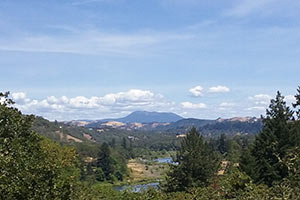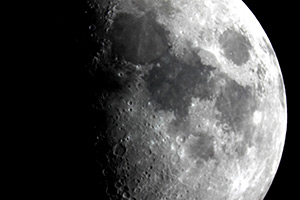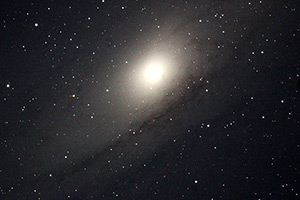The Paul Morgan Observatory provides the community with onsite and online viewings of the sun and night sky and is the only public observatory in southern Oregon, and is the only all-digital observatory in the Northwest.
2024 Events
Jun. 28 – Spring galaxies, early Summer M objects
Jul. 26 – Stars evolving from nebula, stars, and star clusters
Aug. 30 – Milky Way objects alter Saturn and Neptune
Sep. 17 – Supermoon penumbral lunar eclipse Saturn, Neptune
Oct. 4/5 – Moon, Venus, and comet Tsuchinshan-Atlas
Outdoor events: Cloudy or clear, we will have an event. Only rain will cause us to cancel. Park in the lower lot at the Technology Center and walk uphill. Please arrive early for handicapped parking available at the top of the hill. Admission is free.
Observatory School Programs
Field trips are available for grades 3 – 12 to visit the Morgan Observatory or bring a guest astronomer into your classroom to share live images of the sun, planets, stars, and galaxies. A variety of programs are available to meet your class needs.
Observatory History
The Paul Morgan Observatory was designed and built by UCC professor Dr. Paul Morgan in 2016 as part of the beginning astronomy program and community outreach. It provides onsite and online viewings of the Sun and night sky, is the only public observatory in southern Oregon, and is the only all-digital observatory in the Northwest.
Visit the Observatory
The observatory is located near the Tower Building at UCC. Limited parking is available around the Tower Building. However, there is more parking down the hill from the observatory in front of the Technology Center. For more information, see map.
The observatory is handicap accessible and is designed for wheelchair viewing of the TV monitors. Images are seen in real-time in color on large screen TV monitors allowing for group presentations. Simultaneously, the presentations with images can be broadcast online.



